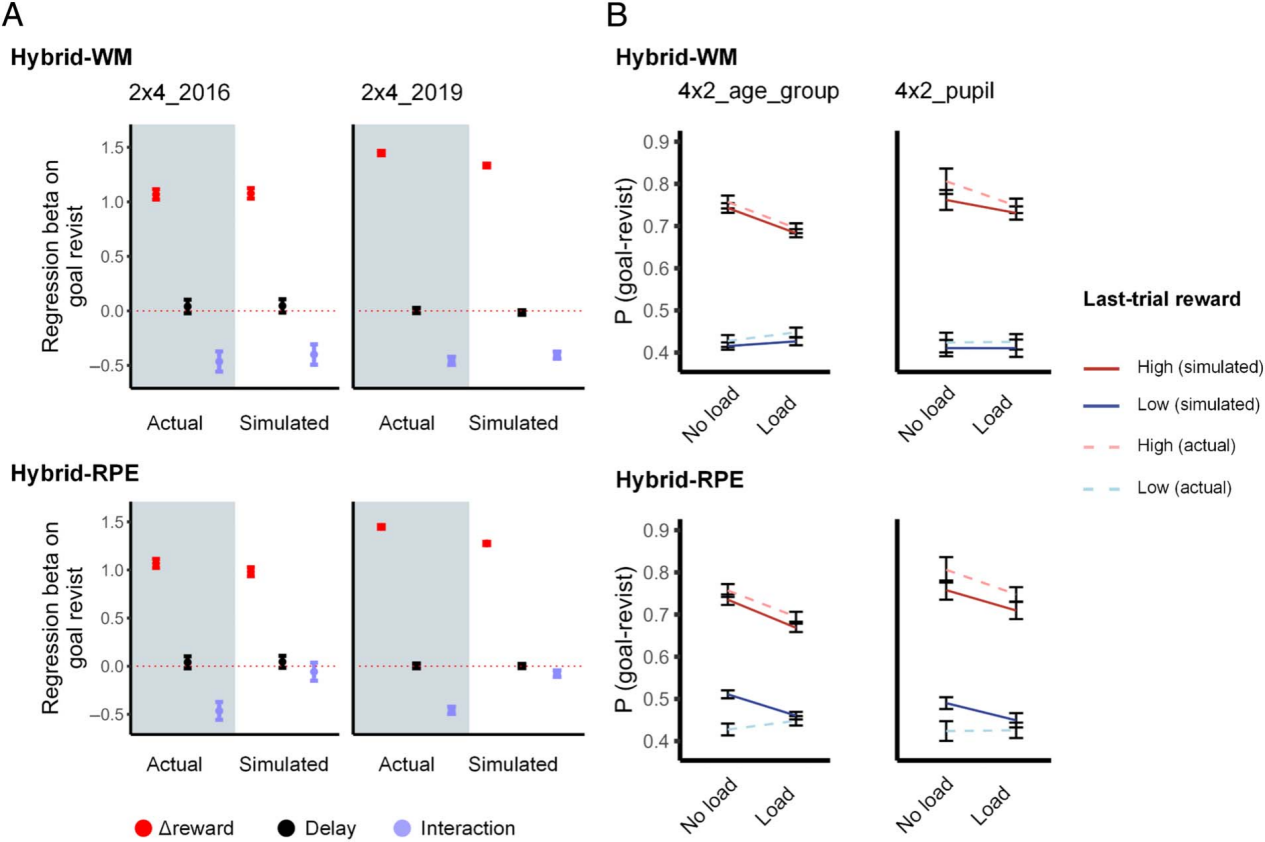
A group of researchers led by Prof. LI Hai from the Hefei Institutes of Physical Science of the Chinese Academy of Sciences reveals that the balance between habitual and goal-directed decision-making strategies is determined by the availability of working memory resources, offering a new framework for understanding sequential decision-making.
Their findings were published in the Journal of Cognitive Neuroscience (JoCN).
In everyday life, decision-making often involves a series of choices to reach a goal, like picking a restaurant and deciding on the route. People differ in their decision-making: some stick to habits, while others adapt to new information and goals. The key question is: what decides the balance between habitual and goal-directed strategies? This is the core challenge of meta-control in cognitive neuroscience.
In this study, researchers combined behavioral experiments with computational modeling to show that this balance is influenced by working memory limitations. The team introduced a novel Hybrid-WM reinforcement learning model, which incorporates working memory limitations into the decision-making framework.
"Unlike older models, this new framework takes into account the brain' s memory limits," said Prof. LI Hai, "It offers a much more accurate depiction of how we make decisions under varying conditions—like stress, distractions, or mental fatigue."
This research quantifies the role of working memory constraints in meta-control and provides novel insights into sequential decision-making. "The findings hold promise for applications in human-computer interaction," said Prof. LI.

The simulation results demonstrate the superiority of the Hybrid-WM model over the classical Hybrid-PRE model. (Image by YANG Lizhuang)